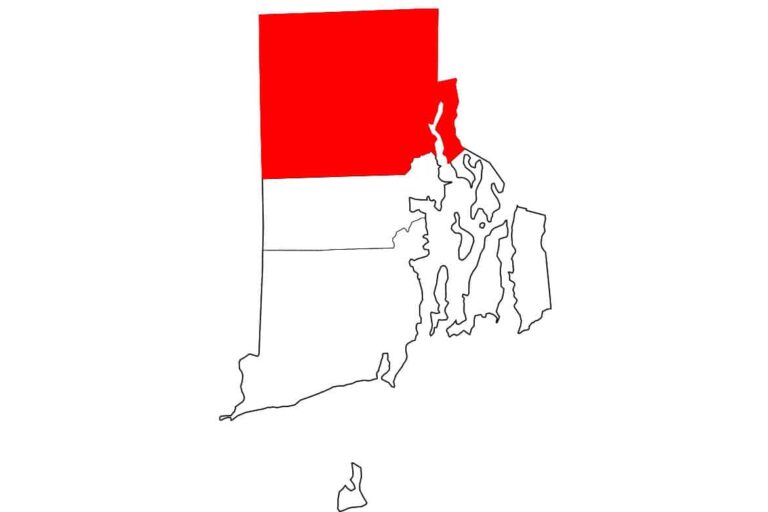Vesicular stomatitis (VS) is a viral disease that can affect many livestock species, most often in horses and cattle. The virus causes vesicles (blisters) that form primarily on the lips and tongue, around the mouth or nose, along the udder or sheath, or along the coronary bands. These virus-containing vesicles later rupture, forming erosions and ulcers. The disease is transmitted by biting flies, mainly black flies and sandflies, or biting midges. There is no specific treatment for the disease, only supportive care until the lesions heal. The impact of the disease on the individual horse varies, depending on the location of the lesions. Severe mouth and tongue lesions can interfere with the horse eating or drinking and severe coronary band lesions can result in temporary lameness. VS is a reportable disease in the U.S. and affected premises are placed under quarantine to prevent disease spread.
The recent identification of VS cases in Arizona, New Mexico and Utah marked the start of a 2015 outbreak in the U.S. This comes on the heels of a significant VS outbreak during 2014 in which a total of 435 premises in Arizona, Colorado, Nebraska and Texas were confirmed infected; 408 of which involved affected equines. The 2014 outbreak was the worst VS outbreak in the U.S. since 2005, and the economic impacts of the disease were felt within the equine industry at multiple levels. While the exact dollar amount for the economic loss cannot be quantified, Colorado was certainly the hardest hit and had a total of 370 VS-affected premises in 17 counties.
Beginning at the individual equine premise level, owners were first faced with veterinary bills for confirmation of the disease and supportive care that was needed for horses with lesions. Additionally, extensive fly control was necessary to prevent transmission and the development of additional cases. Long quarantine periods, experienced while affected animals healed for an average of 30 days or more, caused additional strain and, in some cases, prevented horses from being used for their intended purpose during the prime summer and fall show season. Quarantines placed on large boarding facilities were especially difficult to manage for owners, barn managers, veterinarians, and regulatory personnel. On another level, equine events in VS-affected states also suffered serious impacts. While most events were not cancelled, unless the event facility itself had been quarantined, there was still reduced attendance at events in affected states due to movement restrictions and difficulty in getting out-of-state and Canadian horses back home after entering a VS-affected state. Finally, international movement of horses from the U.S. was impeded by destination countries imposing strict VS testing requirements or not allowing entrance of horses from certain states.
While it remains to be seen whether the 2015 VS outbreak will approach the size and scope of the 2014 experience, it seems certain that the equine industry will again have to contend with some impacts this year, economic and otherwise.
For current information on the 2015 VS outbreak, see the VS situation reports on the APHIS website at http://www.aphis.usda.gov/wps/portal/aphis/home/.
For more information contact the author, Dr. Angela Pelzel-McCluskey, at 970-494-7391, or email Angela.M.Pelzel-McCluskey@aphis.usda.gov. She is part of the USDA-APHIS-Veterinary Services based in Fort Collins, Colorado.
This article is from the Equine Disease Quarterly, published by the University of Kentucky College of Agriculture, Food and Enviornment Department of Veterinary Science and sponsored by Lloyd’s of London and its Kentucky agents. It was written by Matt Dixon, Meteorologist, Biosystems & Agricultural Engineering, and Dr. Roberta Dwyer of the Maxwell H. Gluck Equine Research Center. You may subscribe to this publication for free.








